Summary
This article addresses the challenges that families face when searching for a private caregiver for their aging or disabled loved ones. Although in-home care is preferred for its comfort and convenience, the process of finding, screening, and managing a caregiver can be daunting. The article suggests several steps that families can take to find a trustworthy and qualified caregiver, and introduces True Care Health Services as a provider of high-quality in-home care for seniors and disabled individuals.
When it comes to caring for an aging or disabled loved one, many families seeking private caregivers prefer the comfort and convenience of in-home care provided by a private caregiver. However, finding the right caregiver can be a daunting task. Families looking for private caregivers must navigate the process of finding, screening, and managing caregivers, which can be time-consuming and overwhelming. In this article, we’ll outline the steps families can take to find a qualified and trustworthy private caregiver and introduce True Care Health Services, a provider of private caregiving services that specializes in providing high-quality in-home care for aging or disabled individuals.
Step 1: Determine the individual’s needs
The first step in finding a private caregiver is to determine the individual’s needs. This includes assessing their physical, emotional, and social needs, as well as their schedule and budget. Families should also consider the individual’s preferences and personality to ensure a good match with the caregiver.
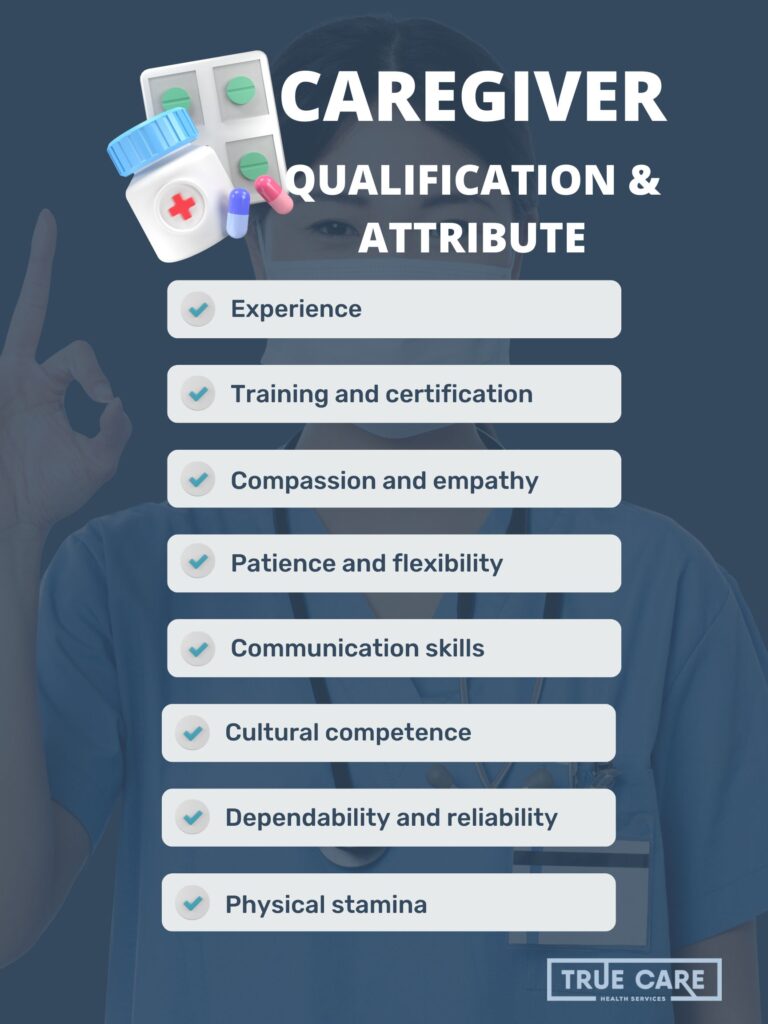
Search for caregiver checklist
By identifying the individual’s needs and preferences, families can create a list of qualifications and attributes they are looking for in a caregiver, which can help narrow down their search.
Experience:
Look for a caregiver who has experience working with individuals with similar needs to the person being cared for. This can include experience with specific medical conditions, disabilities, or age-related issues.
Training and certification:
A caregiver who has completed relevant training and certification programs can bring valuable knowledge and skills to the job. Look for certifications such as CPR and First Aid, and training programs in areas such as dementia care, medication management, and elder abuse prevention.
Compassion and empathy:
Caregiving can be emotionally challenging, so it’s important to find someone who has a compassionate and empathetic nature. This means someone who can understand and relate to the feelings and needs of the person they are caring for.
Patience and flexibility:
Caregiving can involve unexpected challenges and changes in routines, so a caregiver who is patient and flexible can adapt to these situations and provide the best possible care.
Communication skills:
Good communication skills are essential in caregiving, as the caregiver will need to communicate with the person being cared for, their family members, and healthcare providers. Look for a caregiver who is a good listener and can communicate effectively and respectfully.
Organizational skills:
A caregiver who is organized and able to manage schedules, appointments, and medications can help ensure that the person being cared for receives the appropriate care and support.
Dependability and reliability:
A caregiver who is dependable and reliable can provide peace of mind to both the person being cared for and their family members. Look for someone who is punctual and follows through on commitments.
Physical stamina:
Caregiving can be physically demanding, so it’s important to find a caregiver who has the physical stamina to perform tasks such as lifting, bathing, and transferring the person being cared for.
Positive attitude:
A positive attitude can help a caregiver maintain their energy and motivation, and can also have a positive impact on the person being cared for. Look for a caregiver who has a positive and upbeat outlook on life.
Cultural competence:
If the person being cared for comes from a different cultural background, it may be helpful to find a caregiver who has cultural competence and can respect and understand their values and beliefs.
Step 2: Search for caregivers
There are several ways families can search for private caregivers. One option is to ask for recommendations from friends, family members, or healthcare providers. Families can also search online caregiver directories or post job listings on caregiver websites.

online caregiver directories
It’s important to thoroughly screen potential caregivers by conducting background checks, checking references, and conducting interviews. Families should also verify the caregiver’s training and certifications, and ensure they have experience working with individuals with similar needs.
Step 3: Set clear expectations and boundaries
Establishing clear expectations and boundaries from the outset is crucial for a successful caregiving relationship. Families should communicate their expectations around duties, schedules, and compensation, and set boundaries around personal space and privacy.
Families should also establish a system for reporting and addressing concerns, and provide support and resources to both the individual and the caregiver.
Step 4: Provide support and resources
Providing support and resources to both the individual and the caregiver is essential for maintaining a positive caregiving relationship. Families should provide access to training and education, respite care, and support groups for caregivers.
True Care Health Services: A Provider of Private Caregiving Services
For families looking for private caregivers, True Care Health Services is a trusted provider of high-quality in-home care for aging or disabled individuals. They offer a range of services, including personal care, medication management, meal preparation, transportation, and companionship.
True Care Health Services has a pool of pre-screened and qualified caregivers, saving families time and effort in finding a caregiver. They also provide ongoing support and resources to both the individual and the caregiver, including access to training and education, respite care, and support groups.
In addition, True Care Health Services provides a personalized care plan for each individual, tailored to their unique needs and preferences. This results in better outcomes and a higher level of satisfaction for both the individual and the family.
Conclusion
Finding a private caregiver for an aging or disabled loved one can be challenging, but by following the steps outlined in this article, families can find a qualified and trustworthy caregiver who is a good match for the individual and the family.
True Care Health Services is a provider of private caregiving services that specializes in providing high-quality in-home care for aging or disabled individuals. By working with True Care Health Services, families can benefit from a pool of pre-screened and qualified caregivers, ongoing support and resources, and a personalized care plan tailored to the individual’s unique needs and preferences.
Read More Caregiving Blogs
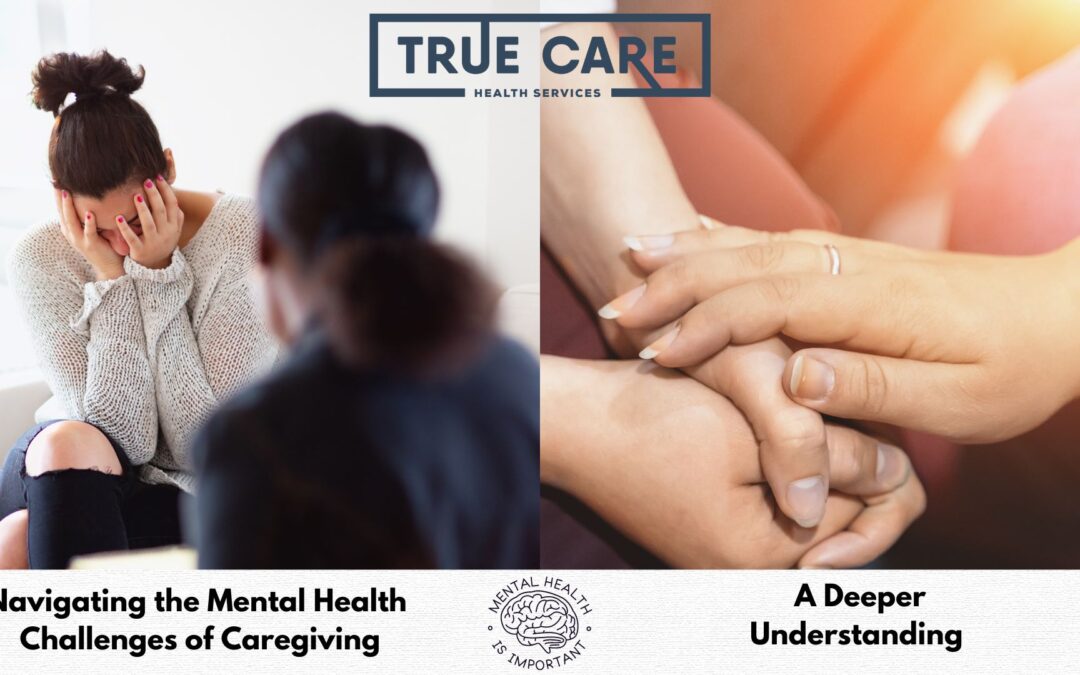
Navigating the Mental Health Challenges of Caregiving: A Deeper Understanding
Caregiving is a noble and selfless endeavor with its share of mental health challenges. While caring for a loved one can be deeply rewarding, it often comes with emotional, psychological, and physical stressors that can take a toll on the caregiver's well-being. In...
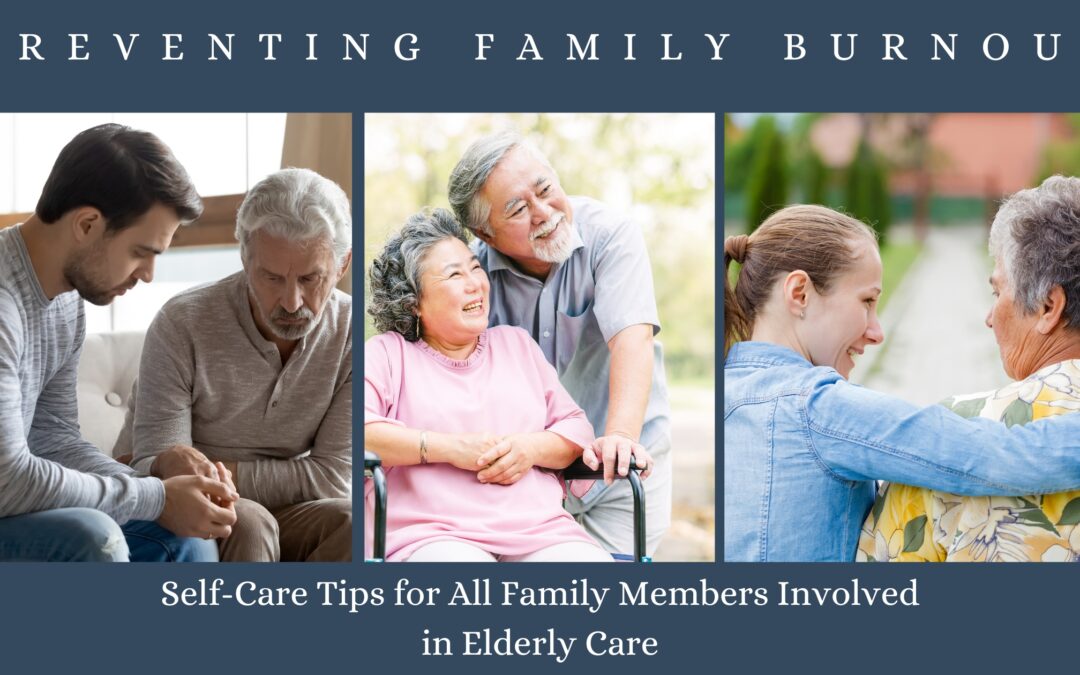
Maintaining Mental Health: The Importance of Self-Care while Caring for Elderly Parents
Caring for elderly parents is a significant responsibility that can often lead to family burnout if not managed properly. The demands of caregiving can take a toll on the physical, emotional, and mental well-being of family members involved. It's essential for all...
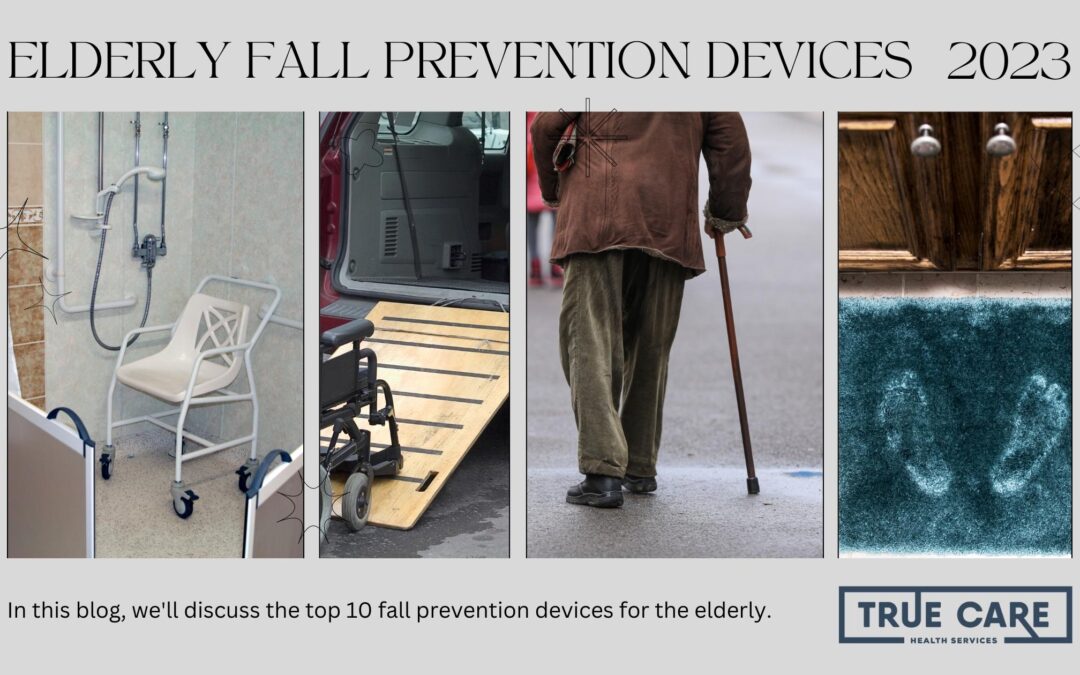
Elderly Fall Prevention Devices
As we age, falls become a major concern due to a decline in balance, vision, and mobility. Fortunately, there are numerous fall prevention devices available that can improve the safety of the elderly. In this blog, we'll discuss the top 10 fall prevention devices for...
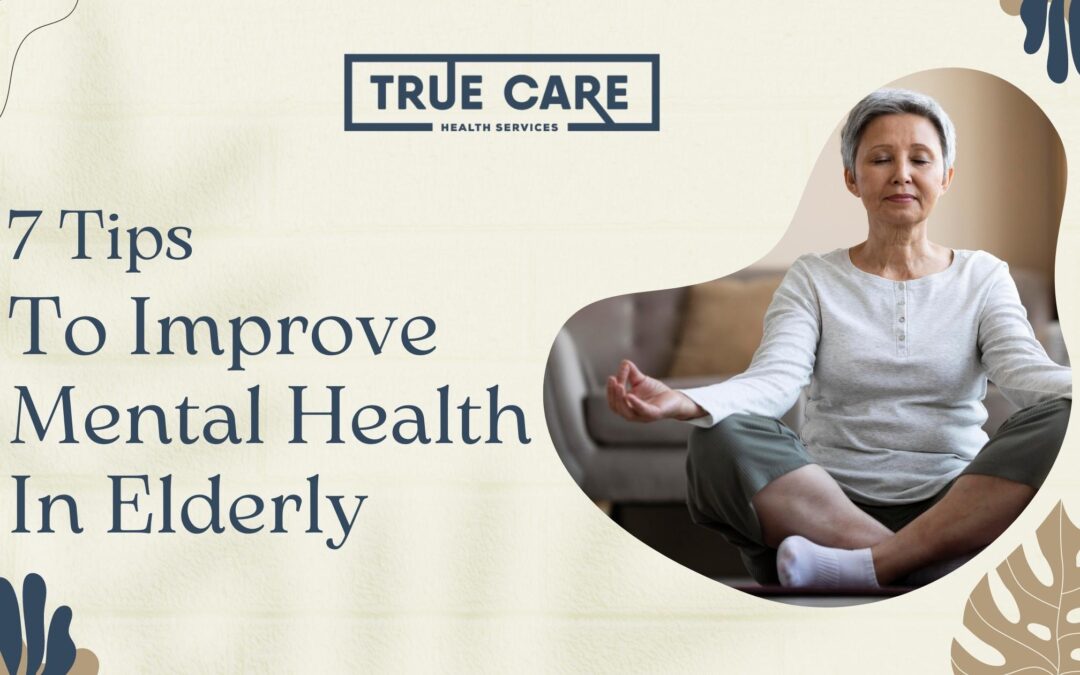
7 Tips – How to improve mental health in Elderly
As people age, they may experience various physical, emotional, and mental health challenges that affect their well-being. Mental health issues are particularly common in the elderly, as many experience loneliness, isolation, and depression. It is essential to focus...
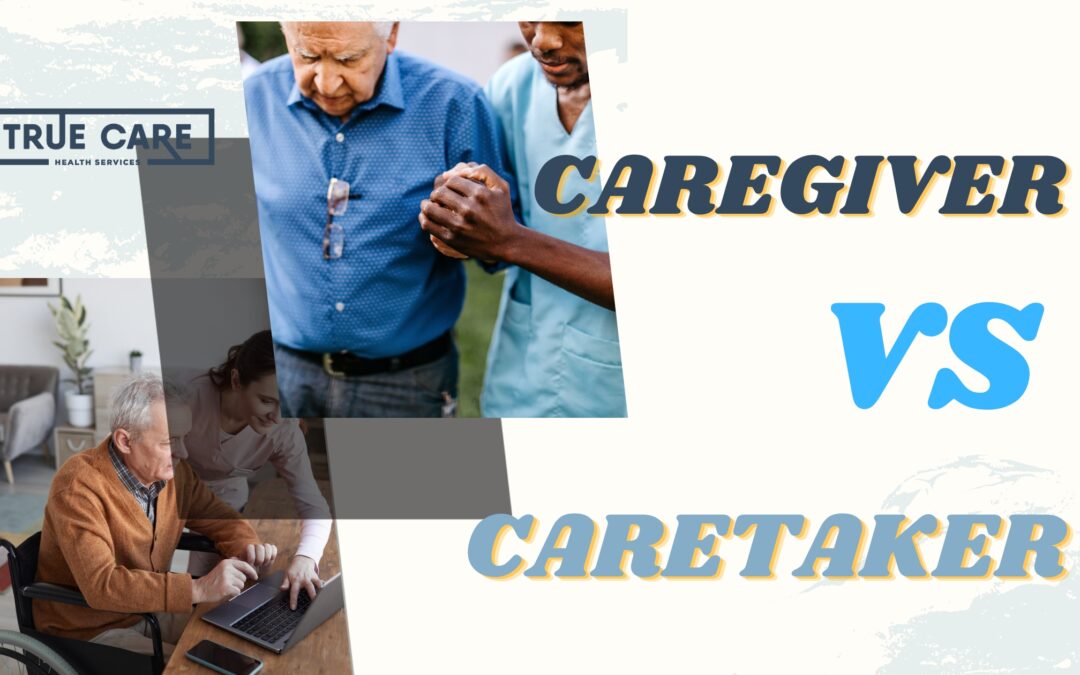
Caregiver vs Caretaker
When it comes to providing care for a loved one, it can be difficult to know where to turn for help. Two terms that are often used interchangeably are caretaker and caregiver, but these two roles are quite different. In this blog, we will explore the differences...



